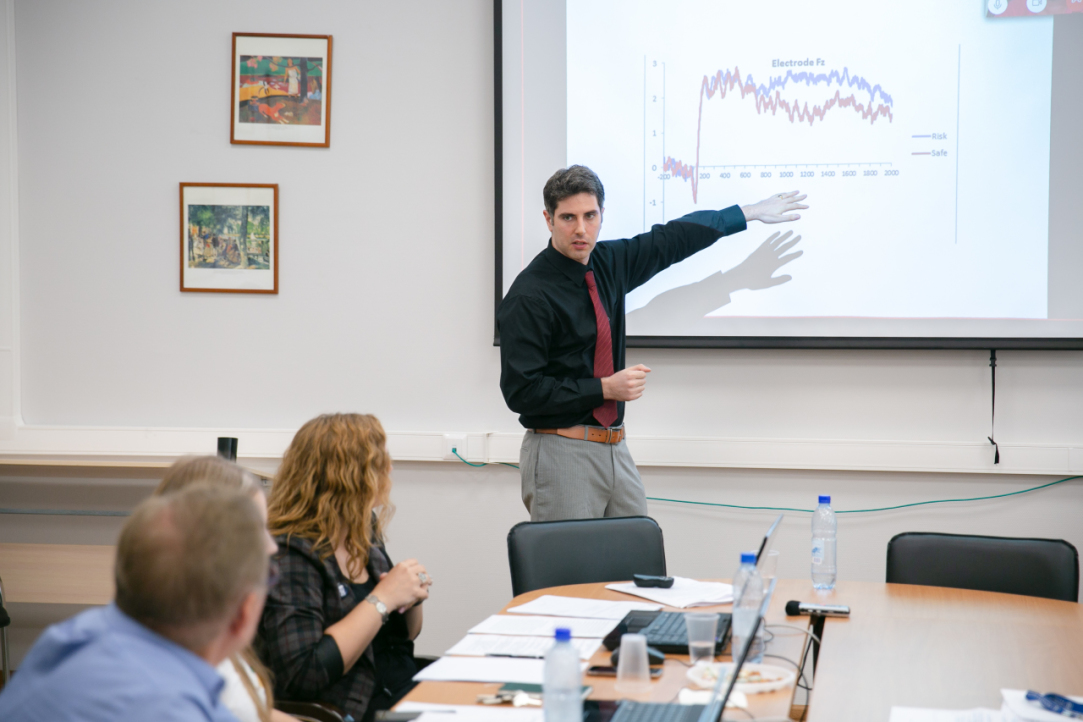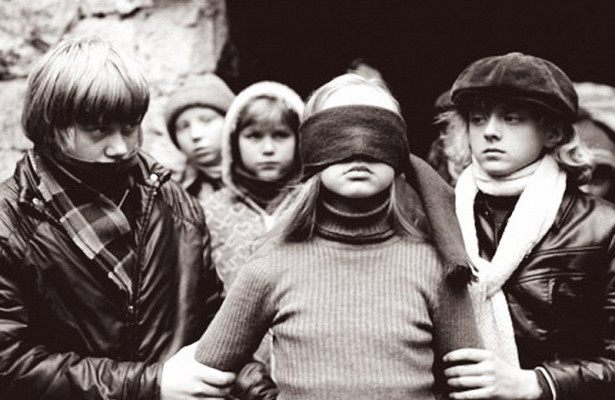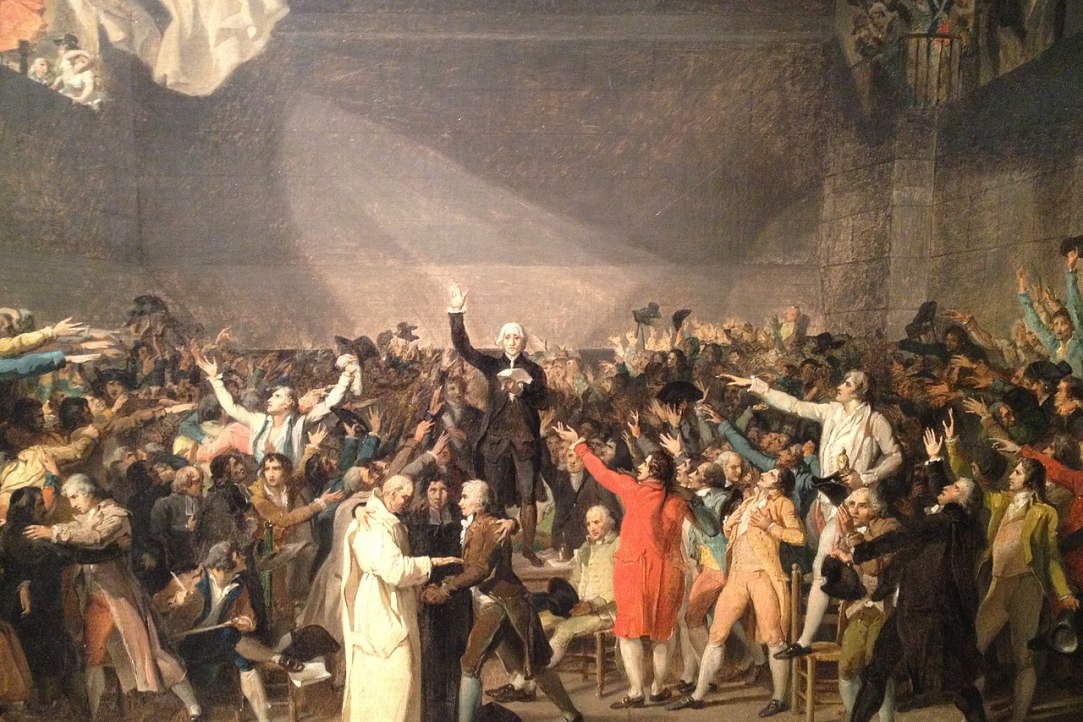Continuing Last Year’s Success at the Upcoming Conference in Applied Economics
The Second ICEF Conference in Applied Economics will be held at HSE University on September 14. The HSE News service spoke with organizers and participants about the upcoming full-day event, which features eight papers presented by renowned specialists from Russia and across Europe and concludes with an evening dinner.

'Going to HSE Seemed Like a Great Way to Pursue My Interests’
September 4, 2019 was a day of firsts for the School of Psychology and the Centre for Cognition and Decision Making. Zachary Yaple, who was born in the United States and grew up in England, defended his dissertation, 'Neurophysiological Correlates of Risky Decision-Making'. His defense marked the first PhD to be prepared at the Centre for Cognition and Decision Making and the first PhD to be awarded to an international student by the Doctoral School of Psychology.

The Brain Processes Words Placed on the Right Side of a Screen More Quickly
When reading words on a screen, the human brain comprehends words placed on the right side of the screen faster. The total amount of presented information on the screen also affects the speed and accuracy of the brain’s ability to process words. These are the findings of HSE researchers Elena Gorbunova and Maria Falikman presented in an article that was published in the journal, Advances in Cognitive Psychology.

How Moral Obligation Drives Protest
Researchers have long studied the motives that inspire people to join in collective action. Three factors have received particular attention: anger caused by apparent social injustice; belief in the efficacy of collective action; and politicised identity. New studies have recently prompted a team of scholars, including a HSE researcher, to incorporate two additional factors into the existing model: ideology and moral obligation.

HSE Experts Develop New Ways to Assess Professional Skills
Their ideas formed the basis of a declaration that Russian Deputy Prime Minister Tatyana Golikova proposed be signed by the participating countries of the 45th WorldSkills Championship. The championship comes to a close in Kazan on August 27.

The Campaign Against Bullying
Educators do not always deal with student aggression in the most effective manner. Sometimes teachers resort to severe and unsystematic methods that only make the bullying worse. According to researchers of the HSE Laboratory for Prevention of Asocial Behavior, the problem requires a comprehensive approach: aggression prevention programmes need to be incorporated into educational policy, and, in turn, schools need to foster supportive psychological climate and trust between teachers and students.
Brain in Space: What Happens to the Human Nervous System in Weightlessness
While Roscosmos is discussing future manned flights to Mars, NASA plans to open the International Space Station for commercial tourism, and SpaceX is testing its Starship Mars prototype, scientists are seriously concerned about the impact of prolonged stay in space on the human body. While the effects of weightlessness on bones, muscles and the vestibular system are well known, how the human brain copes with microgravity has yet to be fully examined. IQ.HSE has compiled the latest research on this topic.

Democracy Isn’t for Everyone: Russians Adopt Western Values but See Them in Their Own Way
Europe wants to live in a democracy. This is especially true for residents of countries of Northern Europe, but less so for those of former socialist countries, especially Russia. While almost everyone has a positive attitude towards democracy, people have different understandings of it. Alla Salmina studied the relationship between attitudes and understandings of it using the data of 28 countries that participated in the European Social Survey (ESS).
Socialism on the Steppe: How Soviet Specialists Changed Life in Mongolia
‘We tried to give them a bright future.’ These are the words of engineers, construction workers, geologists, doctors and other specialists from the former Soviet republic regarding the years they spent in Mongolia. Those Soviet-era specialists are still united by the memory of trying to build something on such a grand scale and then seeing the whole project collapse. More than 100 members of that community agreed to be interviewed in-depth by political scientist Alexei Mikhalev. Here, he shares information from their collective memory with IQ.HSE.

Responsible Airlines: Some of Them Care about Minority Rights, while Others Just Survive
Airlines use a variety of different methods in order to win their passengers’ loyalty and demonstrate their public prominence. An air company’s social policy, active or indifferent, largely depends on the company’s home region, believes HSE expert Natalia Goncharova. On the basis of her research, the IQ.HSE editorial office determined seven types of global airlines.

